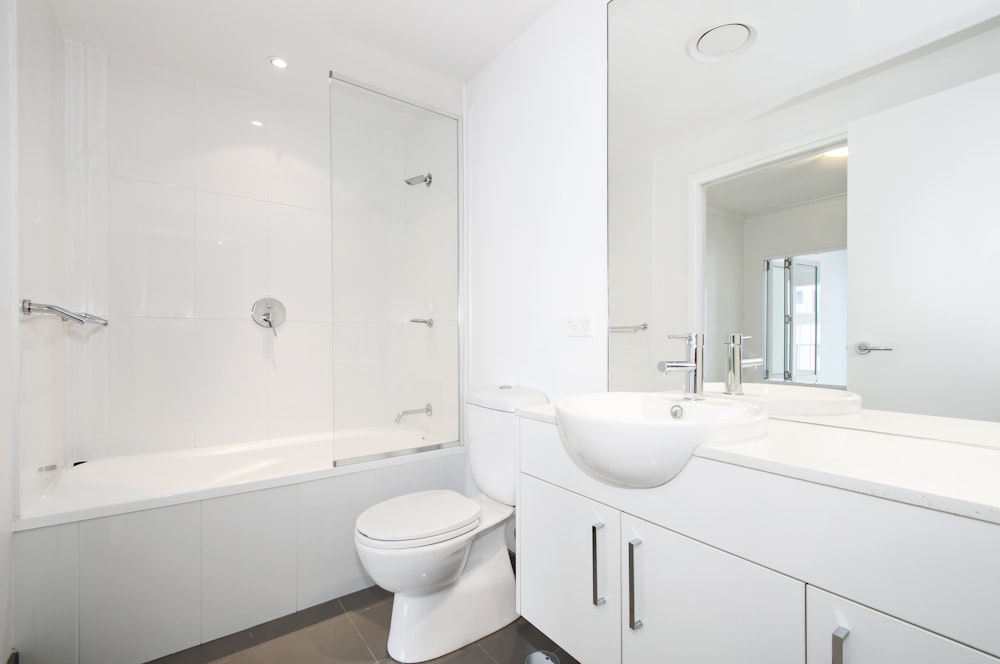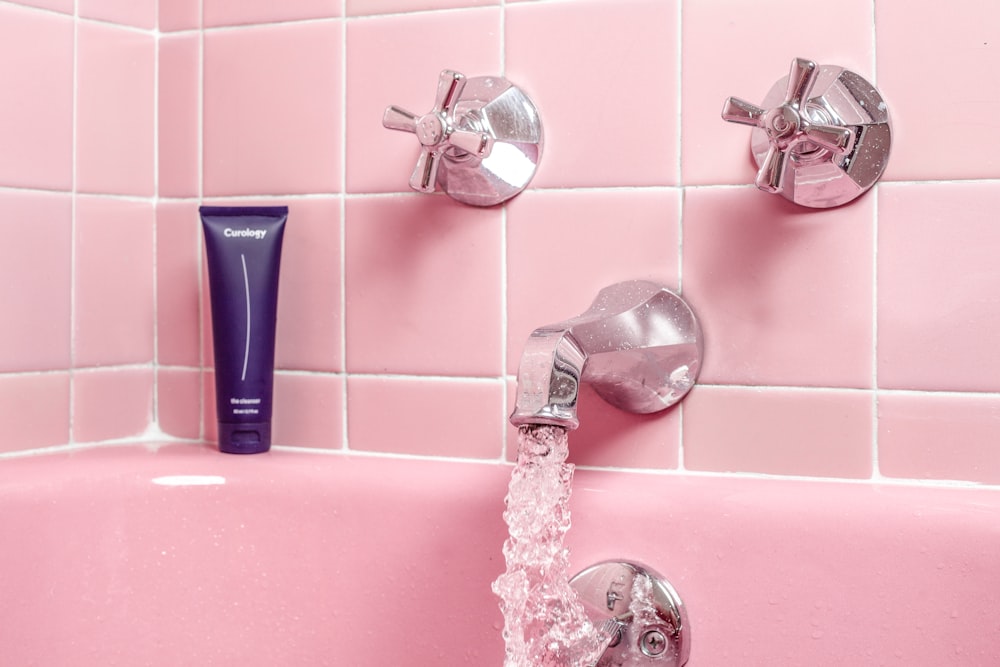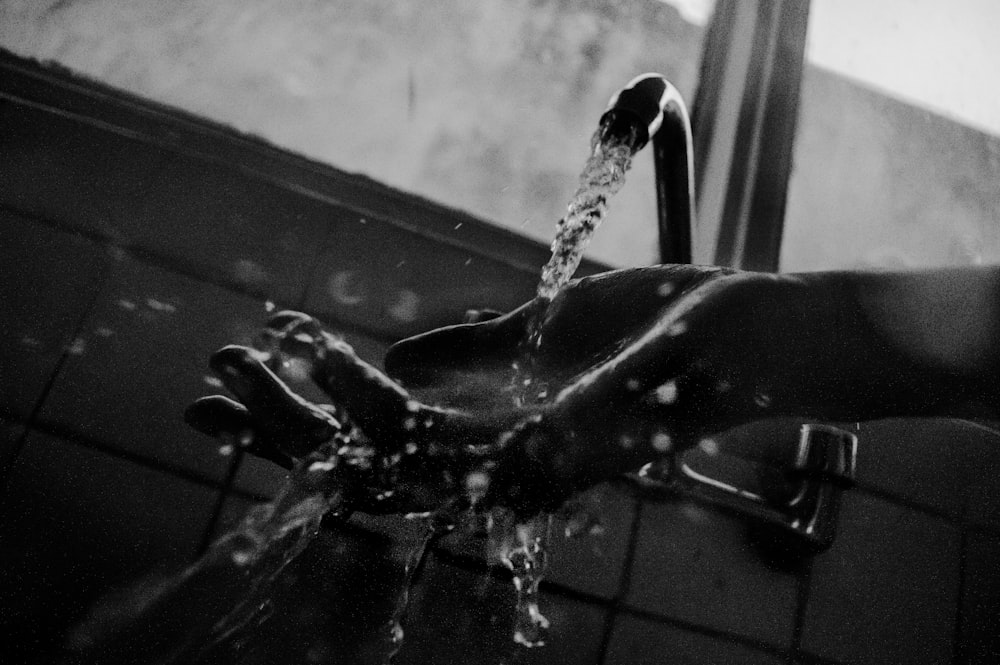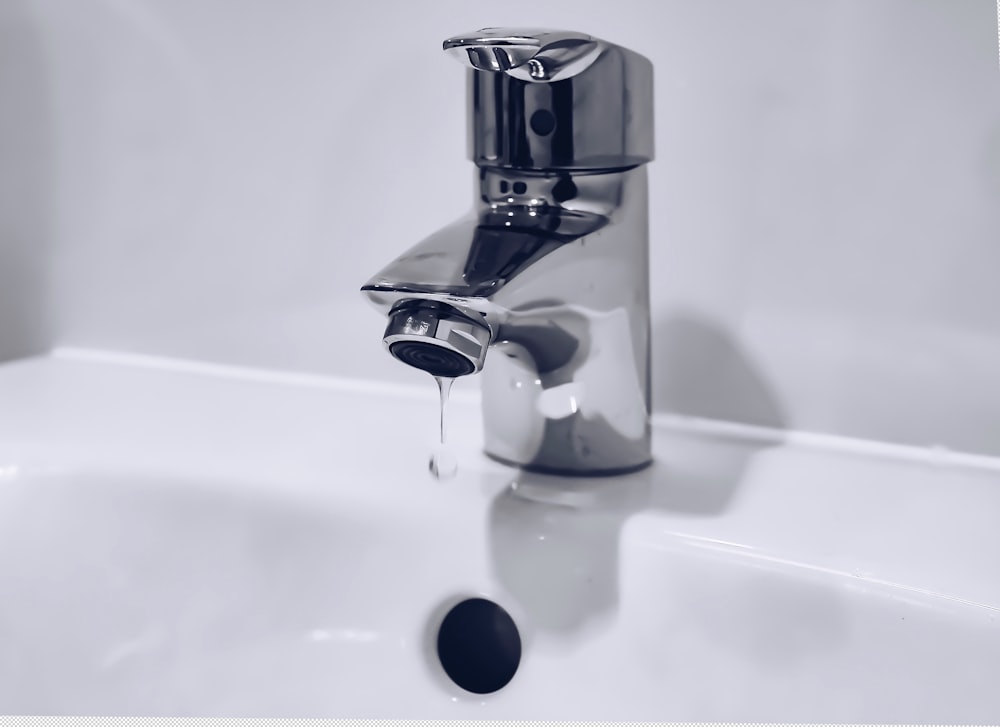Your home's plumbing is one of the most important components. It provides water for all your needs. With the help of a few tips and tricks, you can take care of minor issues that, if left unattended, can become serious and cost more money. So whether you're buying or selling a home, having a working knowledge of your home's plumbing can be helpful.
Here are 10 handy plumbing tips and tricks you can use to save you from having to call someone in to do the job for you.
Unclog Toilets and Drains
One of the most common issues for plumbing is a clogged toilet or drain. While you can use a plunger, that doesn't always work. And what about the drains that are clogged? Try using a drain snake. These are inexpensive tools that catch hair and other things to open up the pipe. For removing larger items that may be clogging things up, consider using a wet vac to suck the clog out.
Do Not Try to Flush Items Down The Toilet That Should Not Be Flushed
Speaking of toilets, one of the reasons for clogs are things flushed that shouldn't be. But sometimes you can't trust the "flushable" label. Even though wipes and many feminine hygiene products claim to be flushable, they go down fine now but won't break down like regular toilet paper. These items can get blocked in the trap and since today's toilets use less pressure and water to flush, waste can build up and cause a clog. This may not happen right away but it can happen eventually. If possible, just use toilet paper. If you do like to use wipes, try to find an alternative way to dispose of them along with any feminine hygiene products.
Make Sure You Have Hot Water
When you take a shower, you want hot water but sometimes the hot water heater doesn't seem to be functioning well enough. Not having hot water can be caused by a variety of issues. Yet, there are a few things you can check for yourself before hiring someone.
- If you have a gas hot water heater, make sure that the pilot light is on. In some cases the heat source may have gone out and the hot water heater simply cannot heat the water.
- Make sure the hot water heater is adequate for your household size. This is more of an issue that comes up slowly rather than automatically not having water. But if you buy someone's home or your family has grown, this may be the reason why you run out of hot water.
- Check the temperature setting on your hot water heater. If the temperature setting is too low for your household, you won't have an adequate source of hot water.
Minimize Frozen Pipe(s)

A frozen pipe is something that can be disastrous - and costly. There are things you can do to prevent this from happening in the first place.
- Make sure the temperature in your home does not contribute to frozen pipes by making sure it is around 68 degrees or higher at all times.
- While you have nice warm heat in your home, it doesn't always reach your pipes so open up cabinet doors temporarily while the temperature is at its coldest.
- Make sure the faucets outside are covered, and disconnect all garden hoses.
Keep a Cleaner Sink Trap
According to the experts at Family Handyman:
Before you remove a sink trap, give the drain a few plunges with a toilet plunger. This will push most of the water out of the trap, lessening the mess when you pull the trap. If you have a double sink, be sure to plug the other drain to contain the air pressure. If the strainer isn't a screw-down style, you'll have to hold it down while you plunge the drain.
Also, keep in mind that you should never pour hot grease down the drain. Over time, the grease may get hardened and require someone to come out in order to fix the problem.
Stop Kitchen Sink Sprayer Hose Tangles
It's always annoying when the sink sprayer won't come out. You're ready to rinse off the dishes or fill up a boiler with water and the sprayer hose is caught on something. If you have to fuss with it in order to use it, it is probably getting tangled on the shutoff valves. An easy and inexpensive fix is at your local hardware store. For about $3, buy half inch foam pipe insulation. Fit it over the shutoff handle and pipes and you'll never have to worry that the kitchen sprayer won't pull up. This will also keep the sprayer in better shape because nothing shreds the hose faster than scraping it along shutoff valves day after day.
Know Where Everything Is
Whether it's the shutoff valve or the pipes themselves, it is imperative to know where things are. If your house was flooding, you'd have to act as soon as possible and not knowing where the shutoff valve can mean thousands of dollars in damage. As far as pipes and plumbing parts, if you happen to do a remodel then take pictures of what is behind the walls where the pipes are. That way you always know the location in case there is an issue you can handle on your own.
There are a few places that the shutoff valve might be. In one of the Dummies guides, here are some of the areas you may find it:
If you have a basement, it is probably located in there although the outside of the house is another common location, especially for those without basements.
Make sure that everyone in your household knows where it is and has the tools to shut the valve off. Some turn easily while others may require more strength or a wrench.
Know Before You Buy
If you are in the market for a home, make sure someone inspects the plumbing along with everything else. This includes things like collapsed areas, roots, and issues that can become a huge issue after you're all settled in. Since plumbing repairs can be costly, this is a must with any home that has been lived in.
Keep Your Pipes Corrosion-free
Most people like to know they can take a shortcut and use a chemical in their clogged drain. Sure, these chemicals are convenient and often work but there's a catch. Harsh chemicals are typically corrosive. This means that it will eventually corrode your pipes and they may have to be replaced. Instead, use a natural solution like vinegar, baking soda, and boiling water. Do this once a week to flush out the drains. And there is always the aforementioned drain snake in case of a clog. Harsh chemicals may be okay in an emergency or once in a while but don't use them often. Besides, if you have clogs often then there is another issue that may need addressing.
Fix a Leaky Toilet or Faucet
According to The Spruce, both of these issues are something you can easily do yourself.
Worn flappers are a common cause of leaks between the toilet tank and bowl. And they only cost a few dollars! As a bonus, the package comes with easy-to-follow instructions for replacement.
Most modern faucets can be repaired by replacing the entire interior with a new cartridge. This only requires that you remove a screw or two. So, if you hear the toilet running frequently, or your sink is dripping, get replacement parts and give it a go.
And by the way, it is important to fix these items as soon as possible. While it may seem like a little drip once in a while, these leaks can add up and make your water bill much higher than normal. In fact, the EPA (Environmental Protection Agency) claims that even one little drip per second adds up to around 3000 gallons each year and that number equals around 180 showers. If you think about it, that's a lot of wasted water and expense.
They note some interesting statistics:
The average household's leaks can account for nearly 10,000 gallons of water wasted every year and ten percent of homes have leaks that waste 90 gallons or more per day. Common types of leaks found in the home are worn toilet flappers, dripping faucets, and other leaking valves.
You don't have to be a plumber in order to take care of some of the things people typically need help with. The major issues may require professional help yet these tips ensure that you have a good basic understanding of how to keep your plumbing issues under control.
If you’re buying a home with older plumbing and want to make sure it’s been properly maintained, here to find a , and one of our expertly trained home inspectors can assist you. Alternatively, call (800) 309-6753 or email us at inquiry@wini.com and one of our experts will contact you promptly.
Get the Latest Insights!
Sign up to stay up to date with latest tips, trends and updates from WIN.














